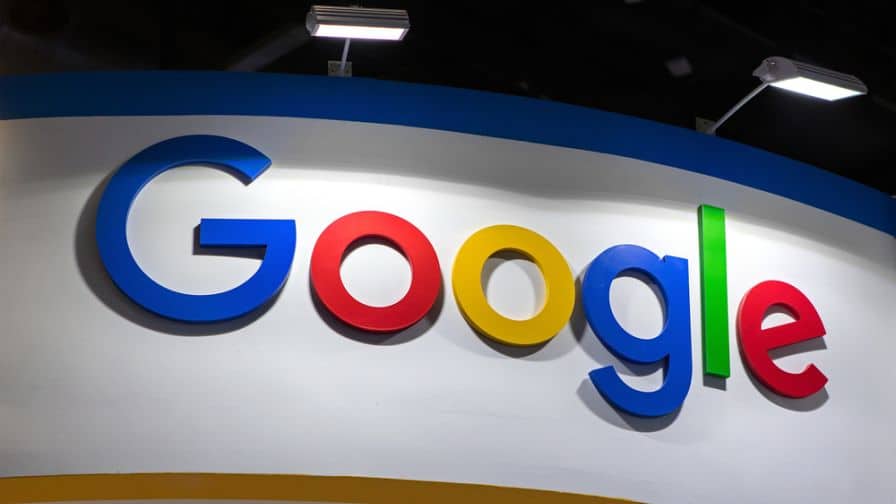On June 27, Margrethe Vestager of the European Commission announced that Google has been fined €2.4 billion because it abused its market power by promoting its own shopping comparison service at the top of the search results over those of other price-comparison websites. The fine is the largest penalty to date against a company accused of distorting the market and is significantly higher than was expected.
Google’s response
Google had previously denied that its practices harm competition and in 2015 argued its results align with consumers evolving demands:
“Google has always to worked to improve its services, creating new ways to provide better answers and show more useful ads.”
Following the announcement of the fine, in a subdued blog post, Google argued:
“Our data shows that people usually prefer links that take them directly to the products they want, not to websites where they have to repeat their searches… Showing ads that include pictures, ratings and prices benefit us, our advertisers and most of all, our users.”
The broader challenge
The challenge with this antitrust ruling for Google is larger than the fine itself and broader than just Google Shopping. At the heart of this ruling is a challenge to Google’s quest to use its scale and data across a wide range of products to provide better user experiences.
As Google seeks to provide users with answers to their questions through search, its services need to be brought closer together, not further apart, to provide a better service to consumers. What will be concerning Google most about this ruling, is that if it is restricted with Google Shopping, similar antitrust restrictions may follow across its other services like Android and Maps. Two other antitrust cases with the EU are already under way.
What happens next?
Google has 60 days to formally respond and the ruling orders Google to end its anticompetitive practices within 90 days or face further penalties.
Here are five possible ways Google may respond:
1. Google closes Shopping search in Europe
At the most extreme, Google could simply pull out of Shopping search in Europe. When Google was legally challenged in Spain with Google News, it simply chose to end the Google News product in that market. We think this scenario is highly unlikely given the importance of the Shopping product to Google.
2. Include other comparison engines in Shopping ads
This would be hard to envisage in the way Shopping results are currently shown, as only direct retailers can buy Product Listing Ads rather than comparison engines. If Google made this change, the user experience would be reduced, so we think this is also unlikely.
3. Increase visibility of comparison engines on shopping terms
By providing Shopping comparison engines like Kelkoo access to additional text ads near to Google Shopping ad units, Google could seek to appease the ruling however it would unlikely be enough to satisfy the EU.
4. Appoint a third-party auditor
Some have called for a neutral party to be involved in auditing Google’s compliance, but it is very unlikely that Google would ever agree to have its algorithms and UI regulated.
5. Challenge the ruling in the courts
This seems the most likely scenario as this ruling cuts at the heart of what Google is seeking to achieve, with a more seamless integrated experience across its products to provide direct answers to consumers questions.
Implications for advertisers
Right now, there are no immediate implications for advertisers though that could change depending on how Google responds to the ruling.
Most interesting in this story is the two opposing views and the direction the EU is taking on anticompetitive practices with Google. At the core of Google’s roadmap and development is integrating its products and services to provide seamless cross device (desktop, mobile, voice) experiences to consumers which benefits their users, advertisers and of course themselves. But the EU is set to restrict this integration and not afraid to yield its power. This battle is likely to continue for many years.

